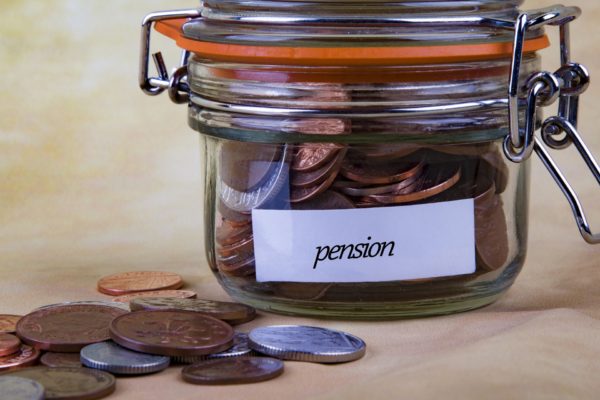When you hear about state and private pension reform in the UK, it is fair to say that the majority of changes are met with negativity. In recent times, we have seen the value of the typical state pension fall while the age at which citizens can comfortably retire in Britain is also set to increase incrementally over the next 20 years.
This trend has changed recently, however, with the announcement that gay applicants will now be able to secure equal pension benefits in the workplace.

So how has this change come about, and what does it mean for citizens?
The Rule Change: A Seminal Moment for UK Pensions
The issue of equal pension rights has been a source of some controversy in recent times, thanks primarily to an exemption in the Equality Act that has historically enabled employers to exclude same sex civil partners and spouses from access to pension funds. More specifically, it prevented these applicants from receiving funds that were paid in prior to the Civil Partnership Act being passed into law back in 2005, with businesses thought to be leveraging this loophole to reduce pension payouts.
The legislation was finally challenged by retired businessman John Walker, 66, who brought a case to the Supreme Court in an attempt to secure the equal pension rights upon his death for his husband. He argued that his partner should receive the same benefits and payout as any same sex couple, and after a prolonged legal battle the court finally ruled unanimously in his favour last week. As a result, the exemption has been immediately discontinued and any companies that continue to discriminate on this basis will be found to be breaking the law.
The Last Word: What Does This Mean for the Industry and Same Sex Applicants
The ruling will have a far-reaching impact on the industry, as same sex applicants will now be eligible to receive 50% of the value of a pension (for the remainder of their life) in the event of their partners’ death. According to the government’s figures, the full equalisation of pension rights will cost an estimated £3.3 billion to UK firms, with the public sector likely to be the most adversely affected.
From the perspective of same sex applicants, the ruling is exceptionally good news and eases much of the concern and worry that has blighted homosexual couples as they approach retirement. It also means that they can make more certain plans for their future, with service providers such as Tilney available to help applicants optimise their pension funds.
Above all else, it is another victory for equality in the UK and one that will have a seismic and instant impact on the pension sector.
